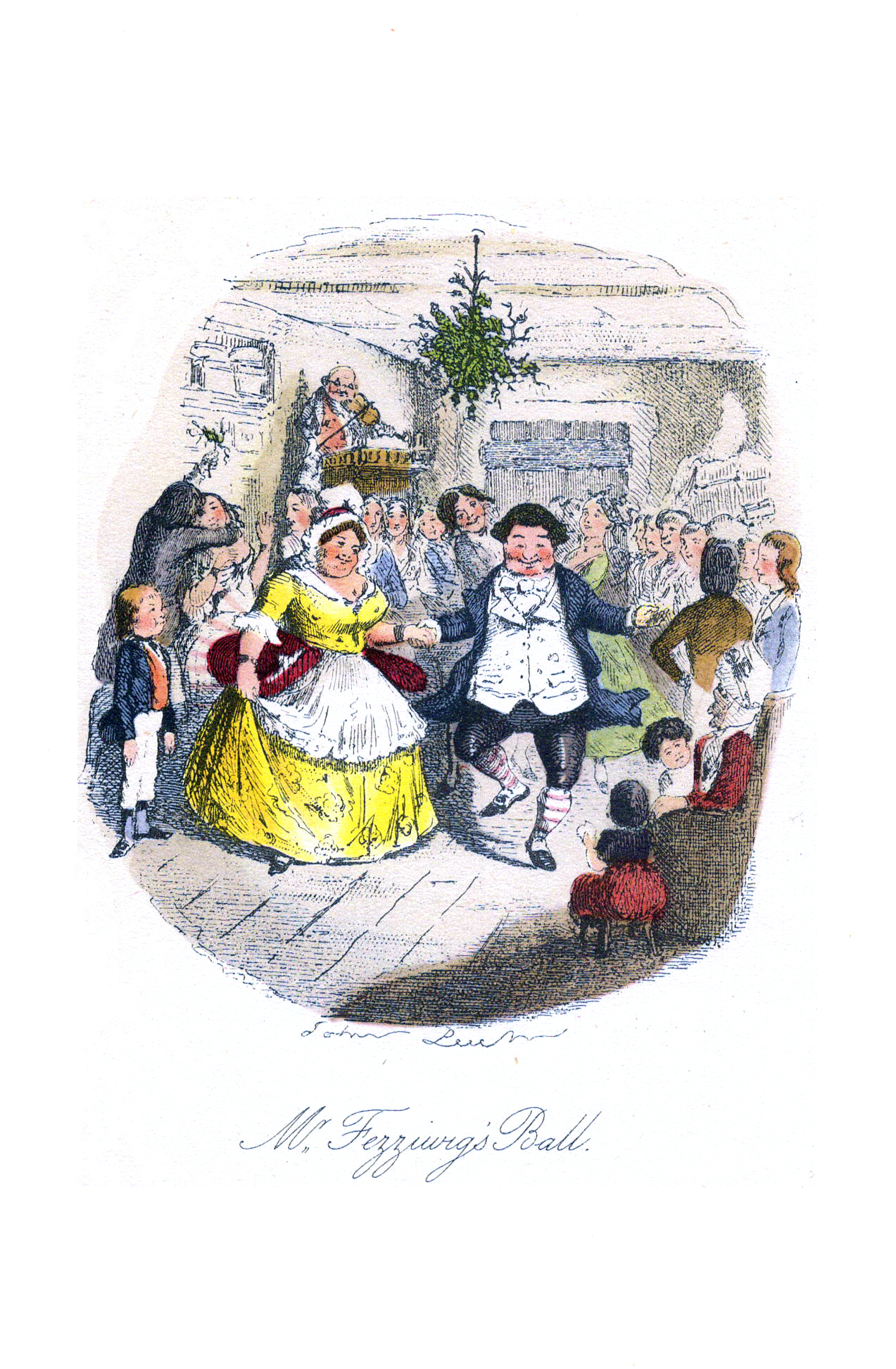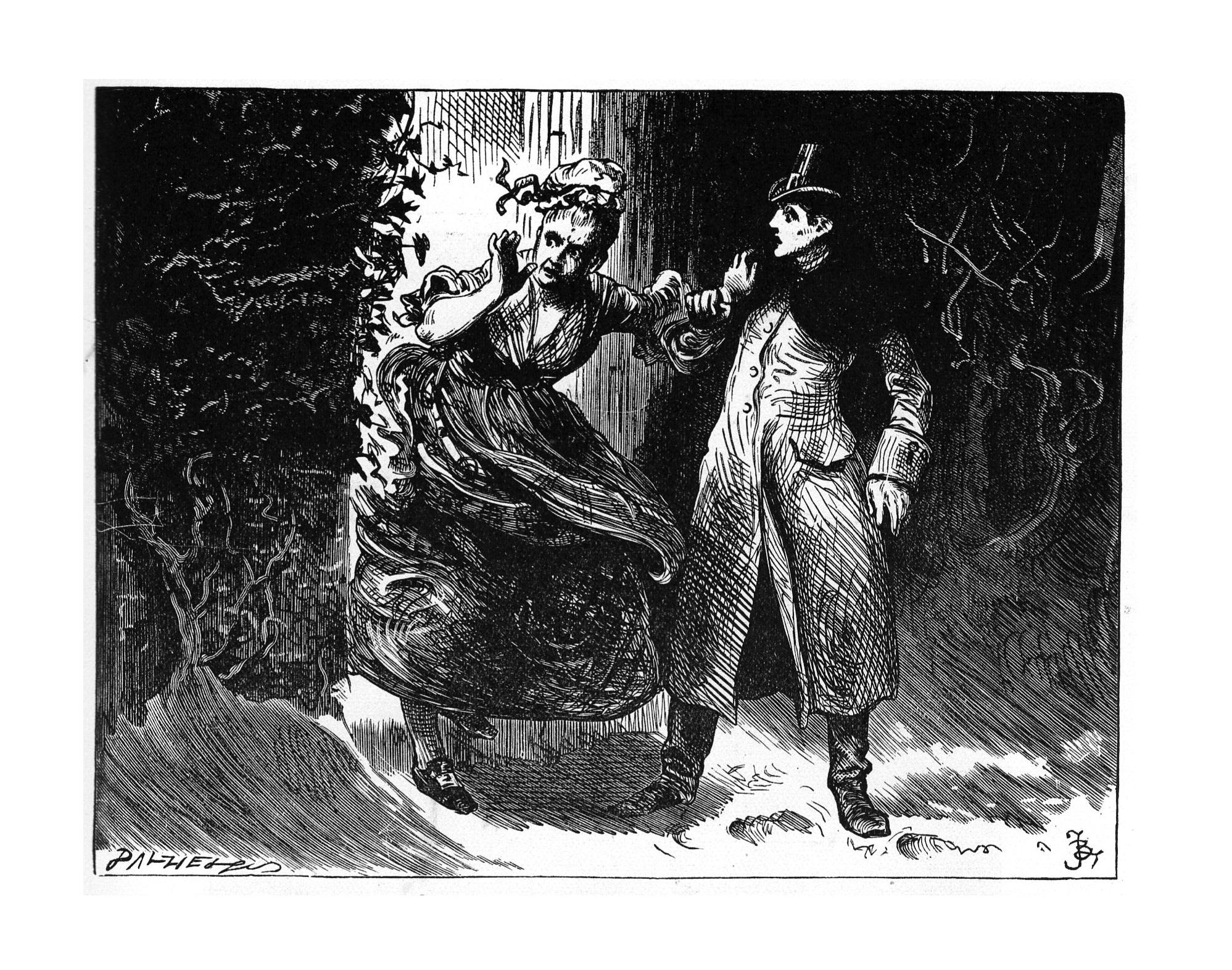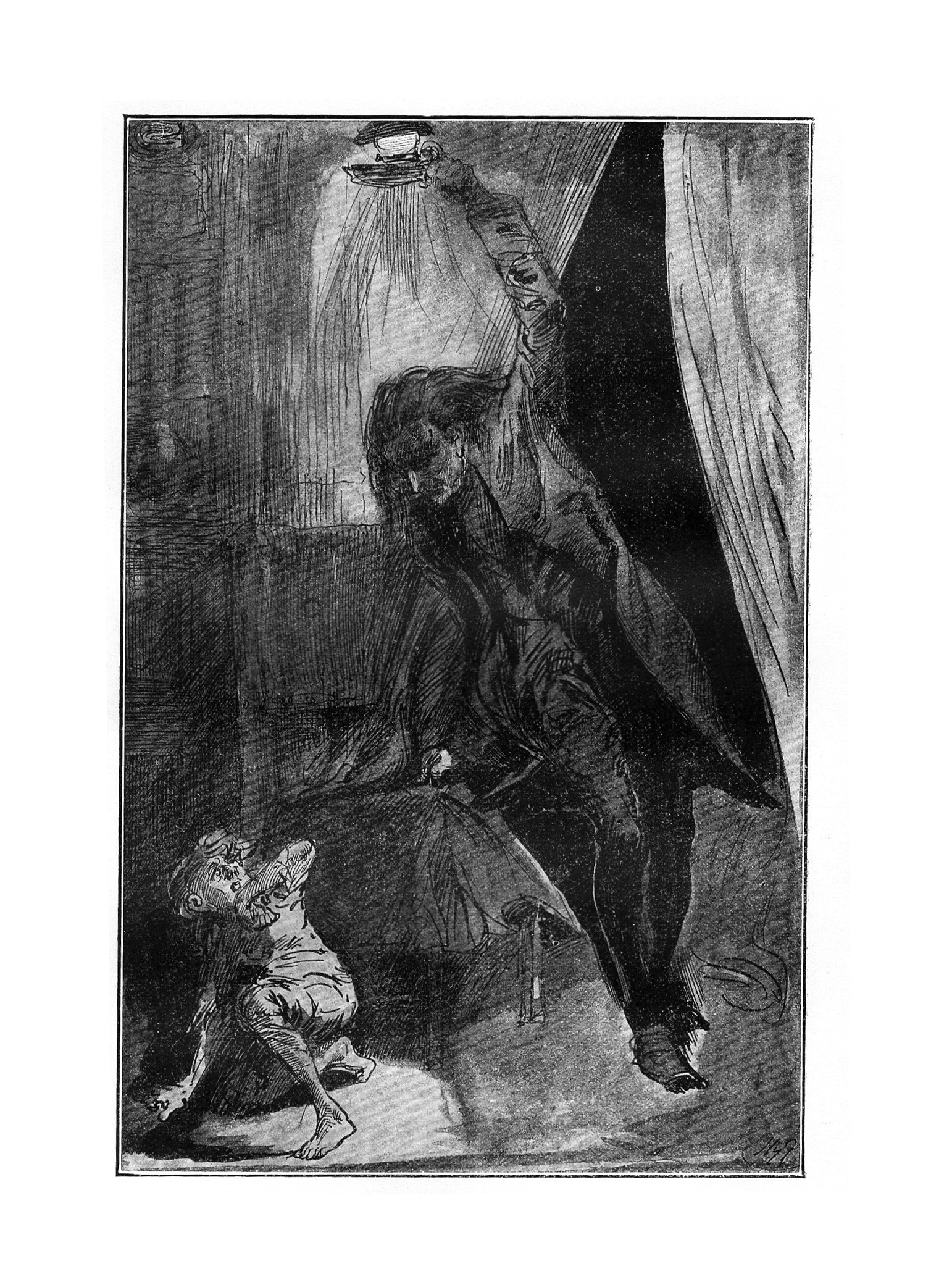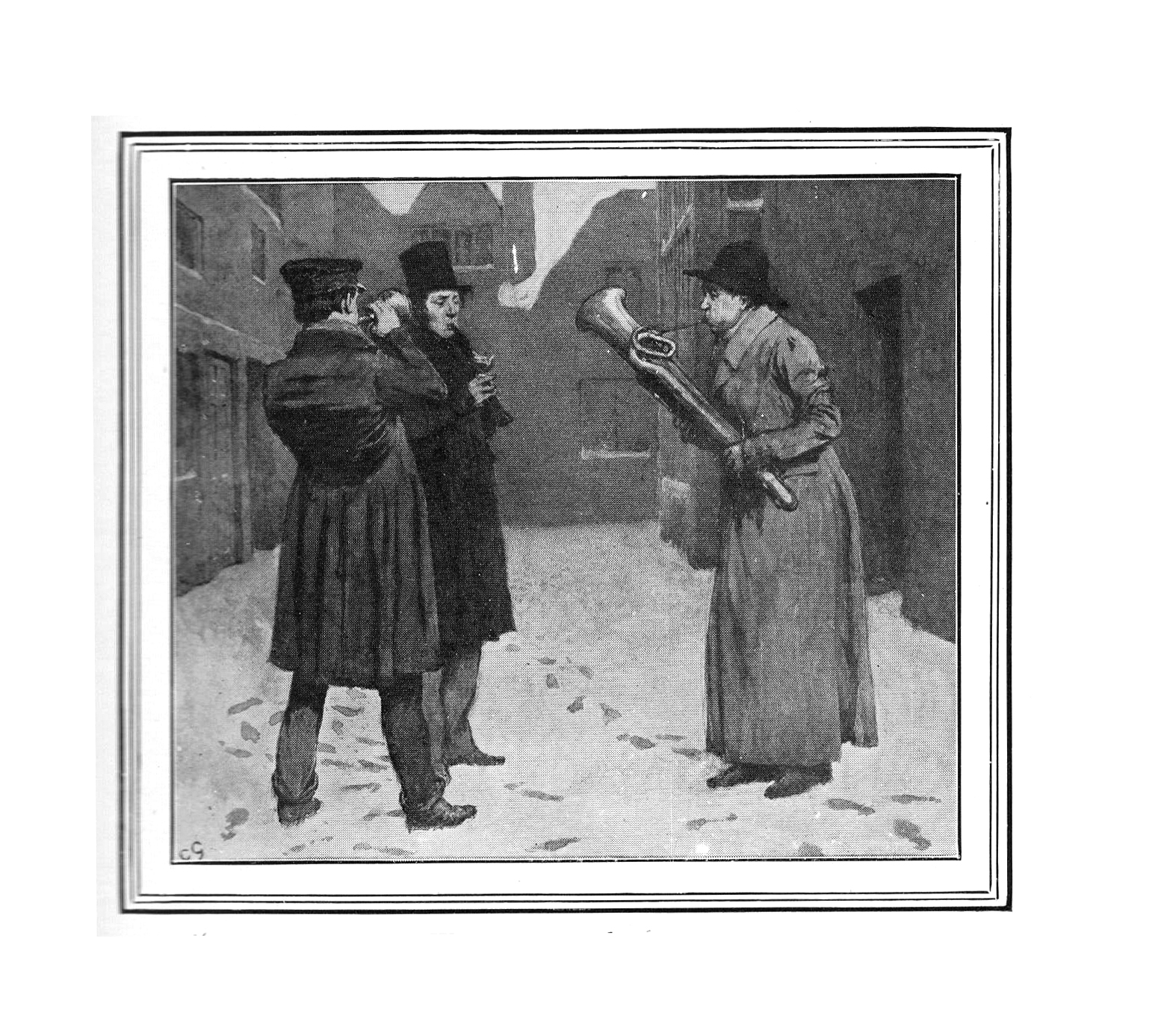

As Christmastime methodes, few novelists come to thoughts as learnily as Charles Dickens. This owes importantly, after all, to A Christmas Automobileol, and much more so to its many adaptations, most of which draw inspiration from not simply its textual content but in addition its illustrations. That 1843 novella was simply the primary of 5 books he wrote with the holiday as a theme, a collection that additionally contains The Chimes, The Cricket on the Fireside, The Battle of Life, and The Hang-outed Man and the Ghost’s Barachieve. Every “included drawings he labored on with illustrators,” writes BBC Information’ Tim Stokes, although “none of them disperforms fairly the iconic merriment of his initial Christmas creation.”


“Anyone looking on the illustrations to the Christmas books after A Christmas Automobileol and anticipateing similar photographs to Mr Fezziwig’s Ball goes to be disapleveled,” Stokes quotes independent scholar Dr. Michael John Goodman as saying.
Primarily concerned much less with Christmas as a holiday and extra “with the spirit of Christmas and its beliefs of selfmuch lessness and forgiveness, in addition to being a voice for the poor and the needy,” Dickens “needed to create some very darkish scenarios to provide this message power and resonance, and these might be seen within the illustrations.”


Goodman’s title could sound familiar to dedicated Open Culture learners, since we’ve previously featured his on-line Charles Dickens Illustrated Gallery, whose digitized artwork collection has been developing ever since. It now contains over 2,100 illustrations, including not simply A Christmas Automobileol and all its successors, however all of Dickens’ books from his early collection of observational items Sketches by Boz to his ultimate, incomplete novel The Mystery of Edwin Drood. And people are simply the originals: each true Dickens enthusiast quicklyer or later will get into the differences between the waves of editions which have been published over the wagerter a part of two centuries.


The Charles Dickens Illustrated Gallery has complete sections dedicated to the posthumous “Homemaintain Edition,” which have much more artwork than the originals; the later “Library Edition,” from 1910, featuring the work of esteemed and professionallific illustrator Harry Furniss; and even the 1912 “Pears Edition” of the Christmas books, put out by the eponymous cleaning soap company in celebration of the centenary of Dickens’ delivery. However none of them fairly matched the lavishness of that first Christmas Automobileol, on which Dickens had decided to go all out: as Goodman writes, “it will have eight illustrations, 4 of which might be in color, and it will have gilt edges and colored finishpapers.” Alas, this extravagance “left Dickens with very little profit” — and with an unusually pragmatic however neverthemuch less unforgetdesk Christmas lesson about preserveing prices down. Enter the Charles Dickens Illustrated Gallery right here.
Related content:
Based mostly in Seoul, Colin Marshall writes and broadcasts on cities, language, and culture. His initiatives embody the Substack newsletter Books on Cities and the guide The Statemuch less Metropolis: a Stroll by way of Twenty first-Century Los Angeles. Follow him on the social webwork formerly often called Twitter at @colinmarshall.

